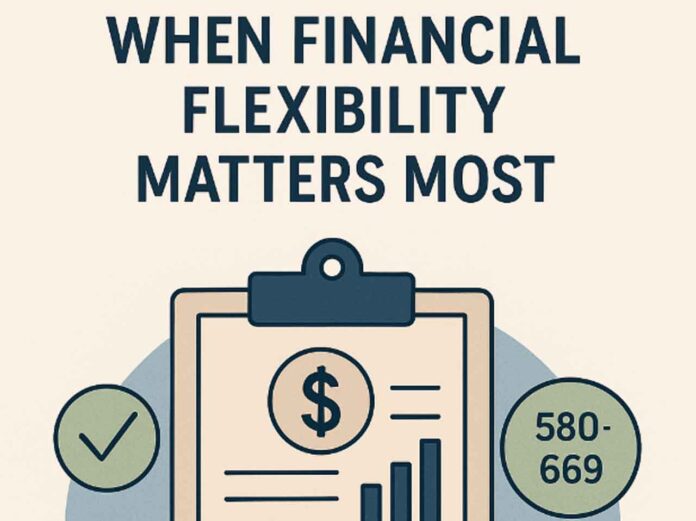Life Doesn’t Always Go According to Plan
Even the most financially responsible people can face unexpected hurdles—whether it’s a job loss, emergency expense, or simply a few missed payments that send a credit score tumbling. In those moments, navigating the financial landscape can feel overwhelming, especially if past credit issues seem to be standing in the way of progress.
While traditional financial institutions often base lending decisions solely on credit scores, life’s complexities can’t always be summed up in three digits. This disconnect has pushed many Canadians to explore new avenues for financial support—paths that value their current potential as much as their credit history.
A Changing Approach to Personal Lending
Thankfully, the lending landscape is evolving. Modern financial service providers are taking a broader, more inclusive approach—assessing individuals based not just on credit scores, but also on employment stability, income, and overall financial behavior. This shift recognizes that someone’s credit score is not always an accurate reflection of their financial character or capabilities.
Today, there are loans available for all credit types, making it possible for more people to access the help they need, when they need it most. These options provide a crucial safety net for anyone looking to manage unexpected costs, consolidate debt, or take meaningful steps toward rebuilding their financial health.
How Flexibility Builds Financial Confidence
Access to financing—even modest amounts—can be life-changing. It offers more than short-term relief; it fosters stability, dignity, and momentum. When borrowers can pay off medical bills, handle urgent car repairs, or simply catch up on overdue utilities, they’re better positioned to focus on long-term goals.
In this way, financial flexibility becomes a stepping stone toward larger objectives, like improving credit, securing a home, or investing in education. It’s not just about borrowing—it’s about unlocking opportunities that might otherwise remain out of reach.
Rethinking the Credit Score Barrier
There’s a common misconception that a low credit score equates to irresponsibility. But in reality, many people fall into financial difficulty due to circumstances beyond their control. Medical emergencies, family obligations, or even immigration transitions can create temporary instability that doesn’t reflect their true ability to repay a loan.
That’s why alternative lenders are turning to more holistic evaluation methods. These include looking at steady employment, on-time rent payments, and a consistent income—factors that traditional lenders often overlook. This rethinking allows more people to participate in the financial system without being punished for past setbacks.
What to Look for in a Responsible Lender
If you’re exploring lending options, particularly outside of traditional banks, it’s essential to choose a provider that’s transparent and fair. Look for these traits in a responsible lender:
- Clear Terms and Fees: Avoid vague language or hidden costs.
- Flexible Repayment Plans: Life can change—your repayment plan should be able to adapt.
- Credit Reporting: Choose a lender that reports to credit bureaus. On-time payments can help rebuild your score.
- Customer Support: Responsive service and clear communication go a long way, especially when navigating complex financial decisions.
Why Timing Matters
Many people hesitate to seek help until the situation becomes urgent. But acting early, even when things feel manageable, can open more doors. Whether you’re looking to avoid further debt accumulation, consolidate high-interest payments, or simply stay ahead of upcoming expenses, proactive borrowing can often be more cost-effective and less stressful than waiting for a crisis point.
Moreover, early action can help maintain or even improve your credit standing—especially if the loan is structured in a way that supports consistent, timely payments.
Moving Forward with Confidence
Life will always have financial ups and downs. What matters most is how we respond. By exploring lending options that match your current situation and goals, you can take steps toward greater financial resilience.
And just as importantly, you’ll begin to rewrite the narrative around your financial future—moving from a place of uncertainty to one of control. It starts with access. It continues with smart decisions. And it ends with stability, one step at a time.
Closing Thoughts: Empowerment Through Access
No one should be defined by a number, especially when it comes to accessing help and rebuilding momentum. Whether you’re recovering from a rough patch or simply planning ahead, the key is finding a lender who sees more than your past—they see your potential.
In today’s changing financial landscape, real support means more than money—it’s about offering people a fair shot. And with the right approach, even the most difficult financial chapter can lead to a stronger, more stable future.








